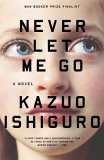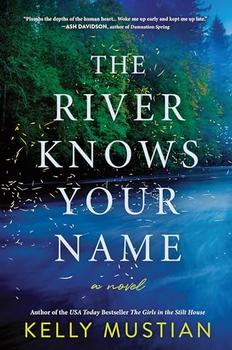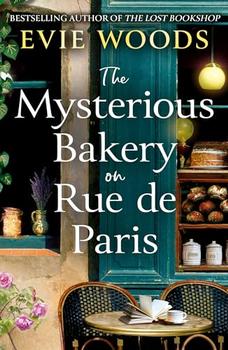Summary | Excerpt | Reading Guide | Reviews | Beyond the book | Read-Alikes | Genres & Themes | Author Bio

"A smashing literary tour de force and an utterly invigorating reading experience. If this book does not make you jump up from the sofa, looking at life and literature in new ways, check to see if you have a pulse." --USA Today.
In each section of Michael Cunningham's bold new novel, his first
since The Hours, we encounter the same group of characters: a
young boy, an older man, and a young woman. "In the Machine" is a
ghost story that takes place at the height of the industrial
revolution, as human beings confront the alienating realities of the
new machine age. "The Children's Crusade," set in the early
twenty-first century, plays with the conventions of the noir thriller
as it tracks the pursuit of a terrorist band that is detonating bombs,
seemingly at random, around the city. The third part, "Like Beauty,"
evokes a New York 150 years into the future, when the city is all but
overwhelmed by refugees from the first inhabited planet to be
contacted by the people of Earth.
Presiding over each episode of this interrelated whole is the
prophetic figure of the poet Walt Whitman, who promised his future
readers, "It avails not, neither time or place . . . I am with you,
and know how it is." Specimen Days is a genre-bending,
haunting, and transformative ode to life in our greatest city and a
meditation on the direction and meaning of America's destiny. It is a
work of surpassing power and beauty by one of the most original and
daring writers at work today.
Walter Whitman (1819-1892) was born in Long Island, New York where his father worked as a carpenter and farmer. He was educated in Brooklyn until the age of 12, after which he left school to work as an office boy, and soon after as a printer's assistant. During the next few years he contributed articles to newspapers (including some of the earliest coverage of baseball games) and taught in various schools. In 1838 he founded, and was the first editor of, the Huntington based Long Islander newspaper (which still exists today). He continued to educate himself by attending the opera, theatre and through copious reading, and also found time to edit a couple of other newspapers including the Brooklyn...
This "beyond the book" feature is available to non-members for a limited time. Join today for full access.

If you liked Specimen Days, try these:

The Thousand Autumns of Jacob de Zoet
by David Mitchell
Published 2011
A magnificent mix of luminous writing, prodigious research, and heedless imagination, The Thousand Autumns of Jacob de Zoet is the most impressive achievement of its eminent author.

by Kazuo Ishiguro
Published 2006
A tale of deceptive simplicity that slowly reveals an extraordinary emotional depth and resonance – and takes its place among Kazuo Ishiguro's finest work.



Be careful about reading health books. You may die of a misprint.
Click Here to find out who said this, as well as discovering other famous literary quotes!